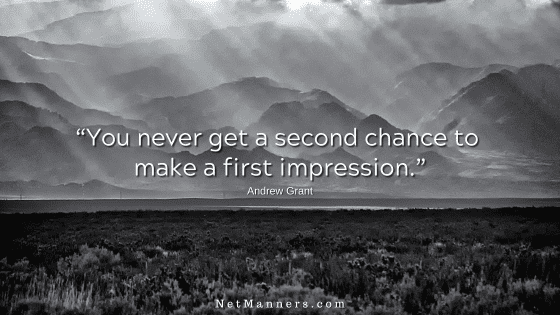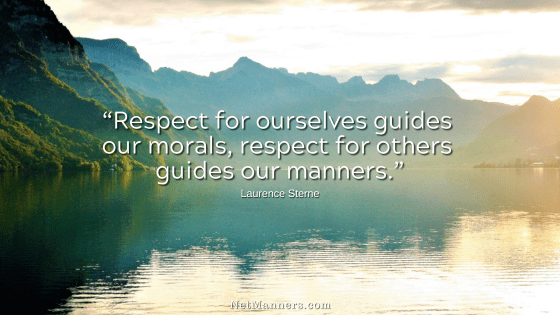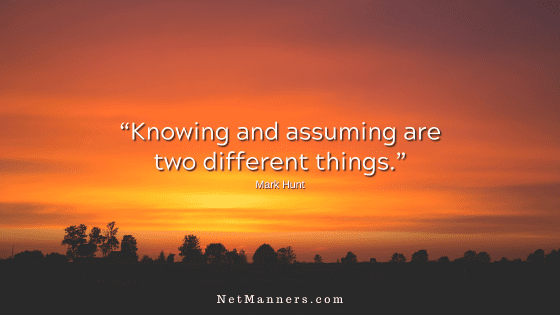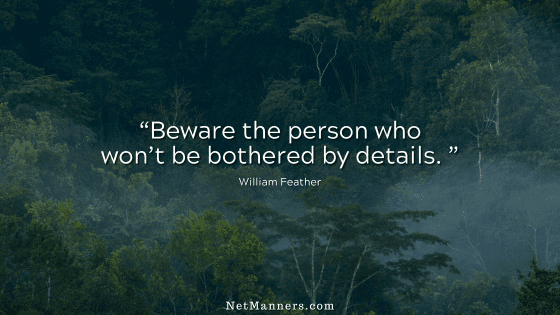How to Ask for a Phone Call in an Email

Have you ever received an email requesting a phone call from someone you’ve never met or communicated with? I did this week, and honestly, I felt like I was being bossed around. So, I thought I would share this story with you if you ever find yourself in a similar situation.
Here is what the email in question said:
Please call me immediately. I have some questions about working with you.
There was no “Hello” or “Hi,” no thank you in advance, and no more information about what the questions pertained to. All their contact information followed their auto-added signature file. Was this a good way to start a business partnership?
Bossy or Demanding?
From a business perspective, do first-contact phone requests provide a window into what working with the sender may entail? Absolutely.
From a personal perspective, how do you know this is a person you want to call or encourage ongoing communication? Is this someone you can trust? It’s hard to tell with cryptic messages requesting action.
So, I called within an hour of receiving her email. She is on a “smoke break.” I left my name, number, and message that I was “returning her email.” Also, noting that she could give me a buzz back after her smoke break or at her convenience. She did not return the call that day…
A forwarded copy of the first email lands in my inbox the next day, apparently so that I will call again. Really? This person’s actions got under my skin. They weren’t respecting my time or effort. This is a prime example of the incorrect use of email. Now, we are not only demanding but also lazy.
Don’t Be Demanding AND Lazy
This approach will not produce the desired response. Neither of these characteristics is good if you want to succeed online or grow relationships.
See, that’s what I do. I hold people accountable and push them to do the hard work that online success requires. If you read any of my websites, I am upfront about this. So, to email me in that manner tells me you don’t know who you are emailing and probably just clicked the “Contact Judith” tab.
That generally leads me to spend time answering basic questions that are easily found on any of my sites. That can be seen as a lack of respect for my time. Why wouldn’t you read the About of FAQ pages just to get an idea of who you are emailing and what they do?
In my case, a website consultant who has two email etiquette websites…
No comments were added, no “sorry I missed your call”—nada. This is such an unprofessional approach, and it can be a huge indication of what it would be like to work with this person.
I guess this was her way of saying, “Call me!” which I did—and again, she was not available. At that point, I no longer had an incentive to encourage further communications.
Perception Confirmed
Eventually, this person picked up the phone and called me after I did not respond to the second forward of the original email. Her phone call further solidified my first impression. She talked like she typed, and she was not going to be my boss. “I need you to…” I want you to send me…” No niceties or gratitude.
Email is not always a wise replacement for a courteous phone call. Particularly someone whose help you need. This goes for personal emails, too.
When you want to talk to someone, pick up the phone. Pull it out of your pocket or purse and dial their number.
What if you get their voicemail? Leave a friendly message with your number, politely asking for a return call. If you must send an email, I would use that as an opportunity to provide additional details of what you would like to cover (and what a joy you will be like to work with.)
Calling and sending an email again before receiving a call back can appear impatient and demanding. That is why it is essential to ensure the initial email is informative and courteous.
Example Phone Call Request Email
Subject: Quick Call Request
Hi [Contact’s Name],
I hope this message finds you well. My name is [Your Name], and I am reaching out to you because [briefly mention how you found their contact information or why you are reaching out].
I would love to discuss [briefly mention the topic or reason for the call] with you. Could we schedule a quick phone call at your earliest convenience? I believe a short conversation would be highly beneficial for both of us.
Please let me know a suitable time for you, or feel free to call me directly at [Phone Number].
Thank you, and I look forward to speaking with you soon.
Best regards,
[Full Name]
[Position]
[Company]
[Email Address]
[Phone Number]
First Contact = Impression
What do you think this type of “first contact” says about you as a potential customer, client, or contact? You can bet it will be much more positive than the experience I shared.
This is just another example of how simple actions or choices can make a massive difference in that critical first impression, especially with new contacts or those who do not know you well.
Keep in mind that how you communicate with others, whether personal or in a professional capacity, will set expectations for the relationship. Make it a good one.
Don’t hinder your ability to foster and enjoy mutually respectful relationships by taking an insensitive or self-centered approach. Be courteous, kind, and patient, and you’ll have a better chance of receiving your desired response.
For more business-specific email tips, visit my website, BusinessEmailEtiquette.com.






